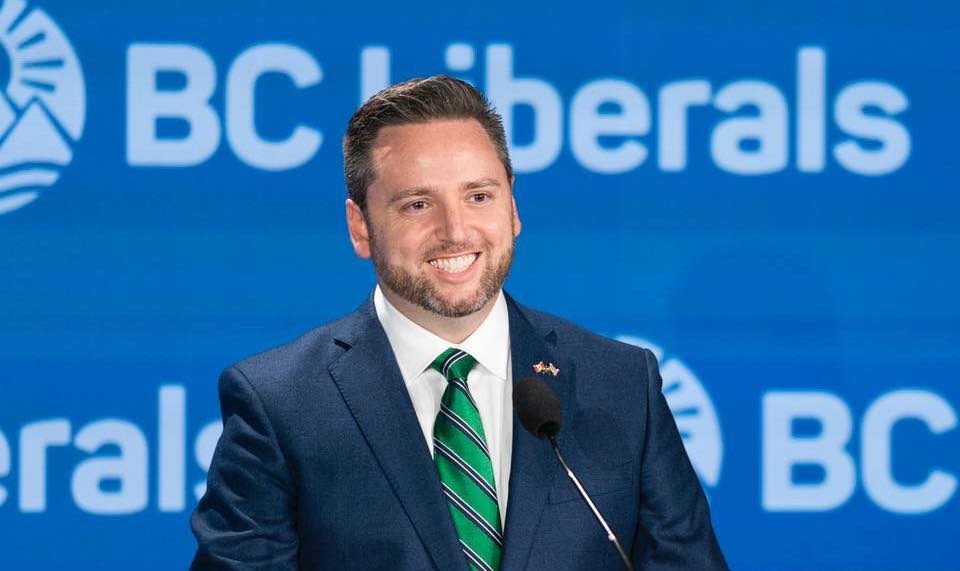It may seem obvious, but if the goal is to express a deep understanding of diversity and equity, maybe don’t refer to other people as “tokens."
This should be obvious, but as two BC Liberal leadership candidates demonstrated in a matter of sixteen days, apparently it isn’t.
Tokenism is the symbolic effort by organizations to present themselves as diverse or inclusive by recruiting and showcasing people from underrepresented groups without actually empowering them in the same way that their (overrepresented) peers are empowered. It usually serves as whitewash to deflect from possible accusations of discrimination, rather than actually establish an organizational culture or practices intended to achieve diversity.
Yes, tokenism is real. It originates from the intent of the decision-makers, but its consequences are felt by those who are tokenized. So, it is important for any organization to examine if its efforts to achieve better representation are merely symbolic or actually substantive.
The problem for many (apparently) is addressing organizational tokenism without purposefully or inadvertently labelling other, actual people as “tokens.”
In the same month, two BC Liberal leadership candidates were forced to walk back comments that accused the governing BC NDP party of engaging in tokenism, which basically suggests that BC NDP MLAs are tokens. On November 6, Renee Merrifield accused the BC NDP of having “token diversity.” On November 22, after Merrifield faced widespread outrage over her comments, Gavin Dew bizarrely described the BC NDP’s approach to diversity as “tokenism.”
Back in August, during the federal election, NDP Member of Parliament for Vancouver-Kingsway, Don Davies reduced the candidacy of Liberal Virginia Bremner to tokenism.
Davies and Dew explicitly apologized. Merrifield insisted that it was not her intent to characterize any BC NDP member as a token, going so far as to praise the BC NDP caucus for their diversity. She apologized if she was misunderstood.
The issue here, of course, extends beyond any political party and certainly beyond the gaffes of three (notably, white) politicians. It is an issue of the dialogue surrounding “tokenism.”
Yes, it is okay to speak from personal experience about feeling tokenized.
Yes, it is okay to discuss ways to avoid tokenism and achieve diversity, equity, and inclusion.
No, it is completely inappropriate to directly or indirectly categorize anyone as a token. No one has the right to pass judgement that casts another person as a token.
Calling someone a token dismisses the merit of that person’s achievements, the value of their work, and ultimately, the integrity of their humanity. It can spread insidiously to raise doubts about others, too.
In effect, labelling someone as a “token” is similarly toxic to the act of tokenizing itself.
So, just stop calling other people tokens as if that is a valid criticism. It isn’t.
Organizations can pursue diversity, equity, and inclusion goals without smearing others as tokens. They can discuss the creation of genuinely representative and empowering cultures that avoid the pitfalls of tokenism without diminishing the achievements of other people. Moreover, they can learn from the many folks in their fields who can speak to how they have felt tokenized compared to feeling truly included and empowered.
After all, being tokenized is antithetical to the true spirit of diversity, equity, and inclusion, just as being branded as a token is, too.
Mo Amir is the host of This is VANCOLOUR, Vancouver’s bona fide culture and politics podcast, now also airing on Sundays at 7 p.m. on CHEK.



